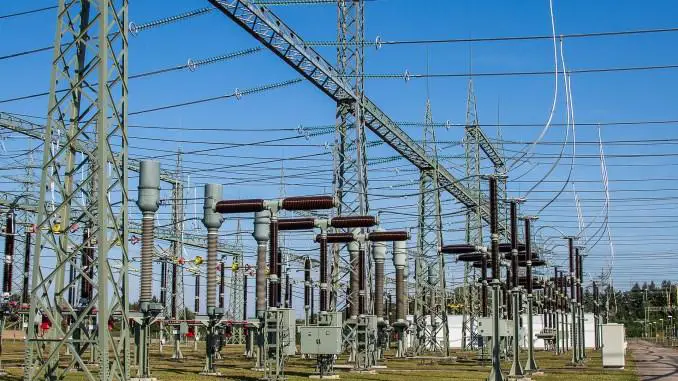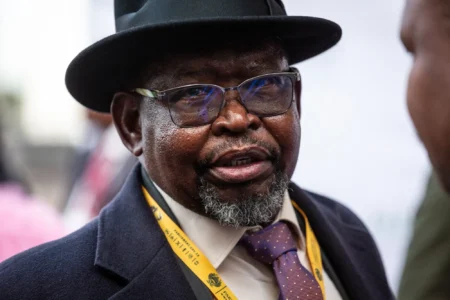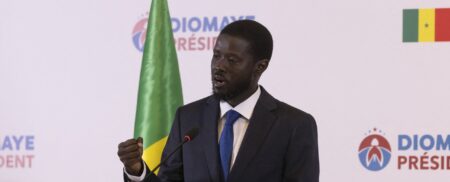- Uganda’s electricity sector has been named Africa’s best regulated for the fourth year running
- Other strong performers, including its East African neighbours, Kenya and Tanzania, and Namibia and Egypt
Uganda’s electricity sector has been named Africa’s best regulated across several key metrics, according to the African Development Bank’s 2021 Electricity Regulatory Index.
The country was named the best for a fourth year running, ahead of other strong performers, including its East African neighbours, Kenya and Tanzania, and Namibia and Egypt.
The 2021 Electricity Regulatory Index annual report covered 43 countries, up from 36 in the previous edition and assessed their impact on the performance of their electricity sectors.
It covered three countries in the North Africa region, four in West Africa, six in Central Africa, seven in East Africa and 13 in the Southern Africa region.
Commenting on the report, Kevin Kariuki, the African Development Bank’s Vice President for Power, Energy, Climate and Green Growth, said the unprecedented participation of so many countries shows the commitment to strengthen the countries’ regulatory environment to improve the performance of the respective electricity sectors.
Among the 2021 report’s key highlights are that regulatory independence is one sub-indicator where African countries have room to improve. In 93% of sampled countries, governments and stakeholders influence regulatory authorities. In terms of regulatory substance, participating countries scored lowest on the adequacy of their tariff setting and frameworks and licensing frameworks compared with best practices.
According to the report, the average performance of economic regulation has continued to decline since 2018. A third of countries surveyed indicated they lack methodologies to determine tariffs; another 40% rely on tariff methodologies that do not include key attributes such as automatic tariff adjustment and tariff indexation mechanisms and schedule for major tariff reviews.
Wale Shonibare, African Development Bank Director for Energy Financial Solutions, Policy and Regulation, commended the top-performing country saying it was not a surprise.
“Uganda topping the rankings consecutively for four years comes as no surprise to many, as the regulator spends significant time on consultation and analysis, including regulatory impact assessments of key interventions and follow-through to ensure full implementation,” he said.
Kenyan government pledges to accelerate deployment of renewable energy to reduce cost of electricity
Since its launch in 2018, the Electricity Regulatory Index has highlighted aspects of electricity regulation that need reform, identified appropriate areas for intervention, and encouraged stakeholders to be proactive in addressing challenges.
Since then, the index has been widely adopted by regulators and other stakeholders across the continent as a benchmark for the regulatory environment and ongoing reforms.
Last-mile connectivity
The award to Uganda came months after the Ugandan government has launched the last-mile connectivity component under the Uganda Rural Electricity Access Project in Iganga in the eastern Luuka District.
The project’s objective is to provide reliable and affordable electricity to rural households, public institutions, and small and medium enterprises.
Overall, the scheme will significantly meet the country’s National Development Plan goal of increasing electricity access to 60%.
The project was launched in partnership with AfDB, while UMEME Limited was designated to facilitate the connections of 87,500 rural households to affordable electricity.
The African Development Bank in September 2015 extended a $100 million loan to the government for the project in addition to an €11.2 million grant (about million) from the European Union’s Africa Infrastructure Trust Fund. (https://www.tmjandsleep.com.au/)
A recent household survey by the Uganda Bureau of Statistics indicates that the national electricity access rate has increased to 57%, comprising 19% and 38% on-grid and off-grid connections, respectively. The project is expected to be completed at the end of December 2022.
The project aligns with one of the AfDB’s High 5 priority areas, “Light Up and Power Africa.”
Currently, the Bank’s active portfolio in Uganda comprises 24 operations with a net commitment of about $1.71 billion.
Specifically, the Bank is involved in the entire value chain of the Uganda Electricity Supply Industry, covering generation, transmission and distribution, with support totalling more than $666 million through public and private sector financing.
Read: Zimbabweans to pay more for electricity as tariff soars by 19 per cent











